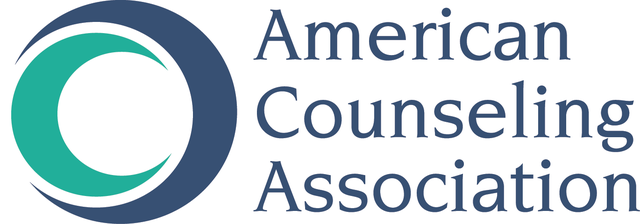Integrating Differentiation of Self Into Ethical Decision-Making: Counselor Training Method
Full description
Ethical dilemmas are commonplace in the practice of counseling, and counselors need to be effective in ethical decision making in order to address ethical dilemmas as they arise. However, how a counselor handles anxiety or conflict emotionally can impact the ethical decision-making process and outcome. Thus, it is important to develop higher levels of differentiation of self in counselors to avoid the pitfalls of emotional reactivity in situations where counselors may deal with colleagues that disagree with their ethical course of action through distance (emotional cutoff) or closeness (fusion—counselor gives up their reasoned ethical course of action to maintain the professional relationship, eventually resulting in loss of identity). To help counselors develop higher levels of differentiation of self, counselors will be encouraged to participate in an ethical debate with colleagues where they are outnumbered in the group consensus and must advocate for their ethical course of action.
Comments
to view and add comments.
Annotations
No one has annotated a text with this resource yet.
- typePdf
- created on
- file formatpdf
- file size261 kB
- container titleVISTAS Online
- copyright statusIn Copyright
- creatorDarren A. Wozny, Kimberly Hall, and Kirk Zinck
- issue2015
- publisherAmerican Counseling Association
- publisher placeAlexandria, VA
- rights holderAmerican Counseling Association
